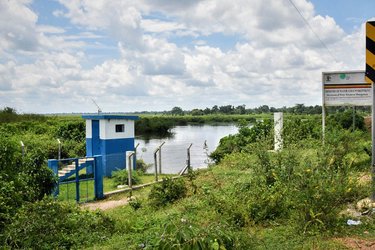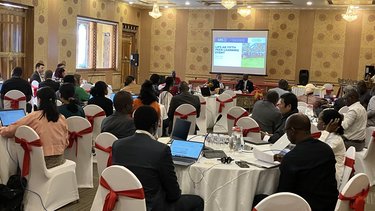

LIFE-AR is designed to help some of the world’s most vulnerable countries become climate-resilient by 2030 and achieve net-zero emissions by 2050. A crucial part of this mission is the role of learning, which ensures that LIFE-AR remains adaptable, responsive, and effective in dealing with the evolving challenges of climate change.
Learning within LIFE-AR is essential for several reasons:
Through peer-to-peer learning, ongoing evaluation and its innovative ‘Business Unusual’ approach, LIFE-AR ensures that countries are not only responding to climate challenges, but are doing so in a way that builds lasting resilience, strengthens local institutions and fosters collaboration across borders.
A crucial part of this mission is the role of learning, ensuring that LIFE-AR remains adaptable, responsive, and effective